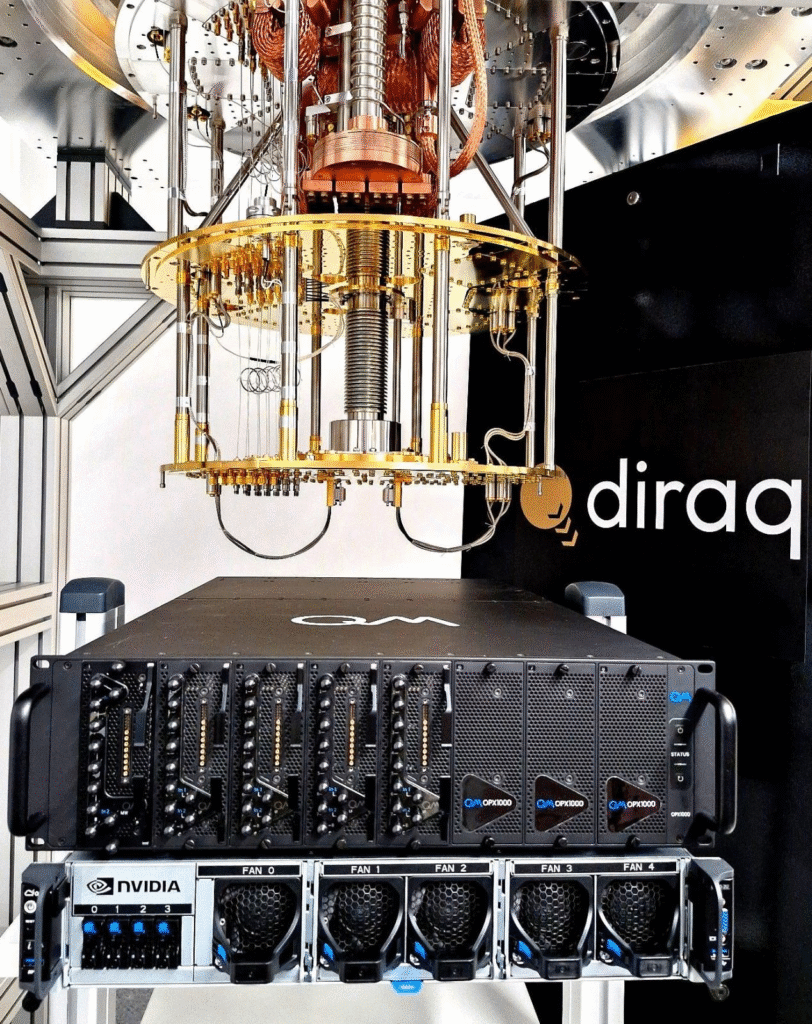
Diraq and QM Technologies have demonstrated real-time hybrid quantum-classical control by integrating silicon-based quantum processors with NVIDIA DGX Quantum infrastructure. The setup achieved a 3.3-microsecond round-trip latency between Diraq’s quantum hardware and NVIDIA Grace Hopper superchips, enabled via QM’s OPX1000 controller. This latency allows for live feedback and decision-making within coherence times, addressing key barriers to practical quantum computing.
Three use cases were implemented within one week of system deployment: real-time correlated readout, machine learning-driven calibration, and GPU-accelerated quantum state initialization. Each addresses scaling bottlenecks in quantum systems. The correlated readout application, based on Diraq’s published research, required computational capabilities beyond those of traditional FPGAs, while the calibration and initialization routines leveraged GPU-based automation to significantly reduce tuning time and improve state preparation efficiency.
This experiment marks the first reported deployment of NVIDIA’s DGX Quantum platform with silicon quantum processors. It validates a hybrid computing approach in which classical accelerators assist in real-time quantum control tasks. The results highlight the compatibility of Diraq’s CMOS-compatible quantum dot qubits with AI-accelerated control loops, and demonstrate the flexibility of QM’s hardware-agnostic control stack.
Looking forward, the partners plan to extend this architecture to support real-time quantum error correction protocols. DGX Quantum also enables integration with NVIDIA’s CUDA-Q platform for quantum algorithm development, further supporting software-hardware co-design and hybrid algorithm prototyping.
The project will be featured at GTC Paris 2025. Read the official announcement here.
June 11, 2025

